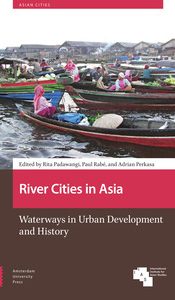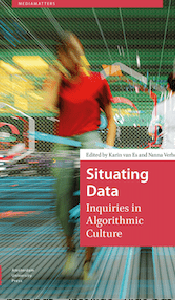The Plant Detective’s Manual is a comprehensive textbook focusing on a research-led approach to teaching plant science. Authored by Gonzalo M. Estavillo, Ulrike Mathesius, Michael Djordjevic, and Adrienne Nicotra, this manual provides a deep understanding of plant morphology, physiology, and genetics, emphasizing their interactions in changing environments. It offers integrated laboratory investigations that engage students in solving plant biology mysteries and encourages their involvement in research.
Recommended for:
- Students and educators in plant biology and related disciplines
- Those interested in understanding the impact of biodiversity decline and global food production challenges
- Plant science educators seeking innovative teaching techniques and curriculum enhancement
- Anyone looking to inspire and motivate the next generation of plant scientists
You will:
- Gain a comprehensive understanding of plant biology, morphology, physiology, and genetics
- Learn how plants function in response to changing environments
- Acquire essential laboratory skills and research strategies in plant science
- Explore the mysteries of plant biology through a series of interconnected experiments
- Discover techniques for identifying suspect genes responsible for specific plant phenotypes
- Understand the joys and challenges of plant science research
- Adapt concepts and methods to meet specific teaching needs and student expertise
- Enhance the learning experience of plant biology students worldwide
- Inspire and motivate a new generation of plant detectives
Detailed Overview
The Plant Detective’s Manual offers a research-led approach to teaching plant science, addressing the global challenges in food production and the declining biodiversity. Authored by Gonzalo M. Estavillo, Ulrike Mathesius, Michael Djordjevic, and Adrienne Nicotra, this manual equips students with a deep understanding of plant morphology, physiology, and genetics, as well as the capacity to use effective technologies and research strategies. The manual introduces an integrated set of laboratory investigations that reflect the mysteries of plant biology and the puzzle-solving processes encountered in research. Rather than presenting disconnected experimental activities, the authors have designed a series of closely related experiments centered around the plant Arabidopsis thaliana (thale cress). Students are tasked with uncovering the suspect gene responsible for specific phenotypes observed in an unknown Arabidopsis mutant when exposed to various environmental stresses.
Through this approach, the manual aims to provide enthusiastic but inexperienced student scientists with a realistic taste of the joys and frustrations of plant science research. The authors have received numerous university and national awards for their innovative teaching methods, but their excitement lies in the interest garnered from other plant science educators in Australia and around the world. This manual serves as a gift to colleagues worldwide, offering a detailed collection of state-of-the-art procedures in plant biology. It also provides background information on commonly used techniques and offers tips for class preparation. The concepts and methods presented can be adapted to meet the specific needs and expertise of teaching staff, inspiring larger audiences or simplifying for more junior classes.
The Plant Detective’s Manual aspires to make a significant impact on improving the learning experience of plant biology students globally. It aims to support and motivate teaching colleagues to become agents of change, fostering a new generation of plant detectives. By instilling a meaningful involvement in research and inspiring students to pursue careers in plant sciences, the manual contributes to addressing the challenges faced by the world in food production and biodiversity preservation. In conclusion, “The Plant Detective’s Manual” provides a comprehensive and research-oriented approach to teaching plant science. It offers a wealth of knowledge on plant biology, laboratory skills, and research strategies, while engaging students in solving plant biology mysteries. With its adaptable concepts and methods, this manual empowers educators to enhance the learning experience of plant biology students worldwide, inspiring them to become the next generation of plant detectives who will shape the future of sustainable food production and biodiversity conservation.
Citation and Licensing
Gonzalo M. Estavillo, Ulrike Mathesius, Michael Djordjevic, Adrienne Nicotra. ANU Press. (2014). The Plant Detective’s Manual: A research-led approach for teaching plant science. This ebook is published by ANU Press and is publicly available on their website: https://press.anu.edu.au/publications/textbooks/plant-detectives-manual Providing a hyperlink to the original source is generally considered legal, as:
- The content is already published and publicly accessible on the original website.
- This page is not reproducing or republishing the full content but only providing a link to the original source.
- This page is not modifying or altering the content in any way.







